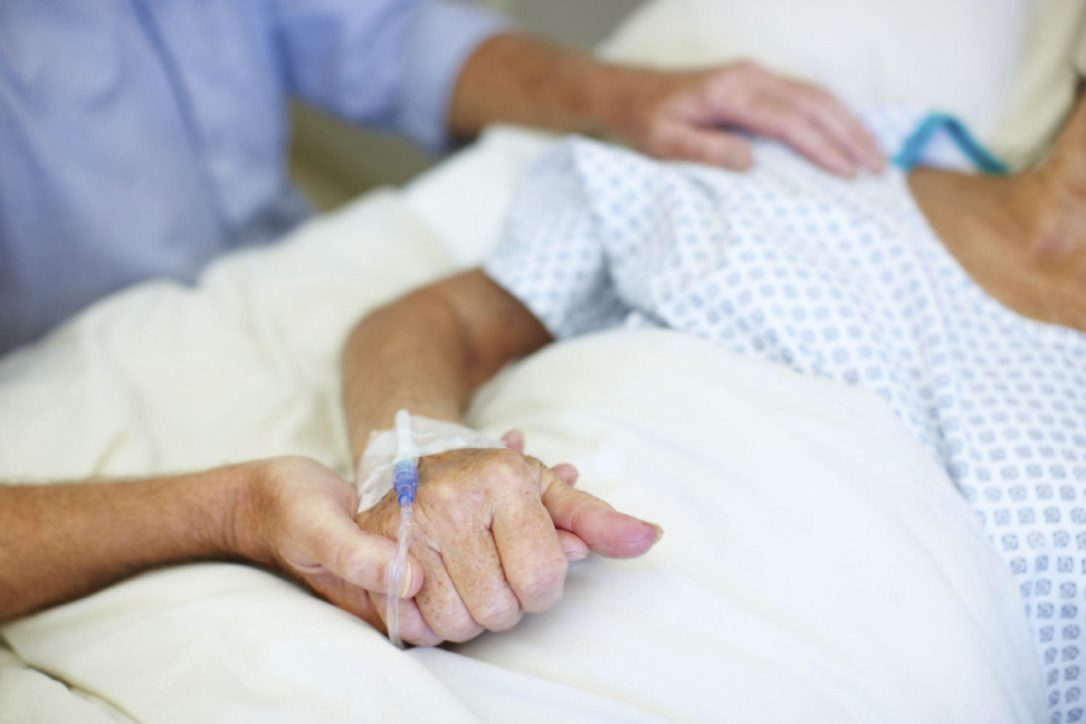By: Joseph Marine
Source: Baltimore Sun
For the past five years, advocates of physician-assisted suicide (PAS) have tried and failed to pass legislation that legalizes the practice in Maryland. Proponents of PAS are back again with the same dangerous, unethical, discriminatory, unnecessary and hopelessly flawed bill. As a physician who has been in practice for almost 20 years and has treated thousands of patients in all conditions of life, I urge the legislature and the citizens of Maryland to continue to reject it for many reasons.
PAS, also euphemistically termed “aid-in-dying,” refers to the prescribing of a non-FDA approved lethal overdose of a drug or combination of drugs to a person believed to have a terminal illness. PAS is unethical. It is specifically prohibited by the Hippocratic Oath and opposed by the American Medical Association, the American College of Physicians, the American Nurses Association, the National Hospice and Palliative Care Organization and the World Medical Association.
PAS is not medical care. It has no basis in medical science or medical tradition. It is not taught in medical schools or residency training programs. The drug concoctions used to end patients’ lives with PAS come from the euthanasia movement and not from the medical profession or medical research.
PAS is dangerous. The supposed “safeguards” in the bill are an illusion. There is still no requirement for formal psychiatric evaluation of patients, minimal informed consent, no witnesses to consumption of drugs required, no routine audits or impartial 3rd party oversight. In addition, physicians and other participants are given broad legal immunity and records are excluded from legal discovery or subpoena. There is no accountability. For 80 percent of patients, it is unknown if complications occurred (because of a lack of medical witnesses). Doctors experimenting with novel PAS drug cocktails in Washington state caused some patients to “scream in pain” before dying.
PAS is based on false ideas about prognosis. Doctors cannot determine a six-month prognosis in a “terminal” patient with sufficient reliability to ensure that some patients would not die needlessly. Some patients in Oregon have lived for as long as three years after receiving a PAS prescription.
PAS is discriminatory. PAS laws create a new class of human beings denied the protection of the law and of health professionals who are committed to preserving rather than taking life. Suicidal impulses of everyone else in society are treated with crisis intervention. Patients defined under PAS laws are denied such crisis intervention and instead tacitly or explicitly encouraged to take their own lives. Also, almost all disability rights organizations in the United States oppose PAS.
The vast majority of doctors will not practice PAS. In Oregon and other states that have legalized PAS, almost all prescriptions are written by a small handful of doctors who may know little about the patients requesting it. In Washington, D.C., a year after legalization of PAS in 2017, only 2 out of 11,000 licensed physicians signed up to prescribe. This less than 0.1 percent support reflects the reality of low acceptance in the medical community. Doctors know that patients will not trust physicians who prescribe death. And no one goes into medicine aspiring to be the next Dr. Kervorkian.
PAS will affect everyone. If we allow this form of euthanasia into our health care system, it will inevitably corrode and destroy the values that define the health professions and lead to public trust in them. PAS has led to wider forms of euthanasia in every country that has adopted it. No one will be immune to its long term corrosive and destructive effects on the health care system.
Maryland has been recognized as having some of the best palliative and hospice care programs in the country. The Maryland legislature should be recognizing and supporting these programs, not legalizing assisted suicide.
Dr. Joseph Marine (marinejoseph@hotmail.com) is an associate professor of medicine at Johns Hopkins University School of Medicine, and a member of the Maryland Against Physician Assisted Suicide coalition.
